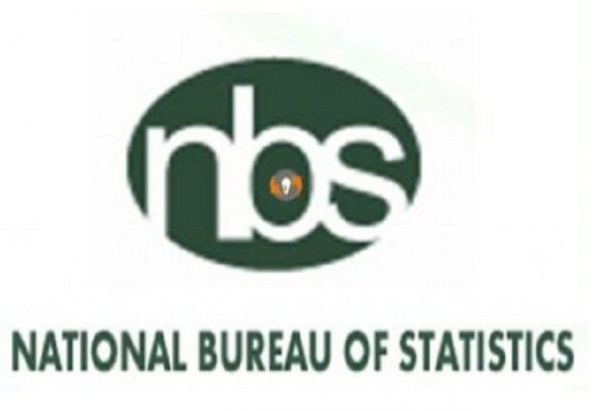Pitfalls and Challenges of Ethnography

Remember, ethnography is about people, and their relationships with your products, rather than the products themselves. An ethnographic study will not directly answer questions about how your product compares to someone else’s, or what you should do to improve it. Ethnography will provide observations, evidence and hypotheses, but it’s your job to decide how to act on them.
There are other challenges, too:
- Skills. Ethnographic researchers require considerable skill and expertise to recognize what is significant, and to avoid introducing bias to the study. For these reasons, ethnographic studies are often carried out by external agencies, and may be expensive.
- Time. It can take several months to run an ethnographic study and interpret the results. Mobile ethnography is faster and cheaper, but you may not achieve the same depth of understanding.
- Information Overload. Although sample sizes in ethnographic studies are far smaller than those for many other market research methods, analyzing many hours’ worth of video recordings and interview transcripts can be daunting.
- Resistance. Ethnography may represent a significant challenge to the way that your organization understands and operates its own business, and this may cause friction. As Sam Ladner, senior user researcher at Microsoft, says in her 2014 book, “Practical Ethnography,” “Asking what consumers truly believe about a company’s product is a bold act, because it begs a self-examination of what the company believes about that same product.”
Key Points
Business ethnographers examine the way that your customers or clients interact with your product or service at the point of use. They use direct observation and interviewing techniques to find out why your customers use your product and what it means to them.
Business strategists Christian Madsbjerg and Mikkel B. Rasmussen outline the following five-step process for business ethnography projects:
- Reframe the Problem.
- Collect the Data.
- Look for Patterns.
- Create the Key Insights.
- Build the Business Impact.
You can use ethnographic studies to identify unmet customer needs, develop new products, and devise strategies for innovation











